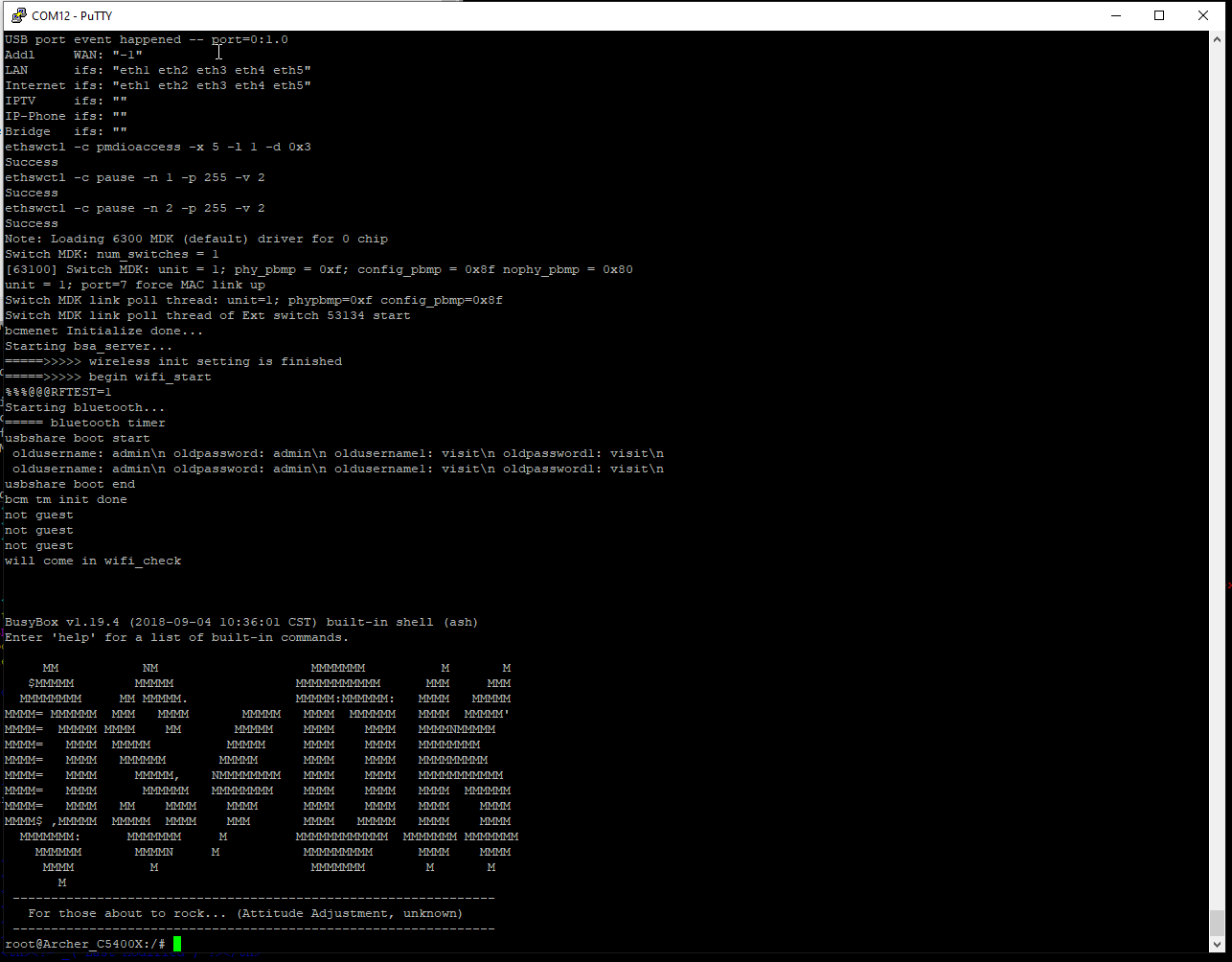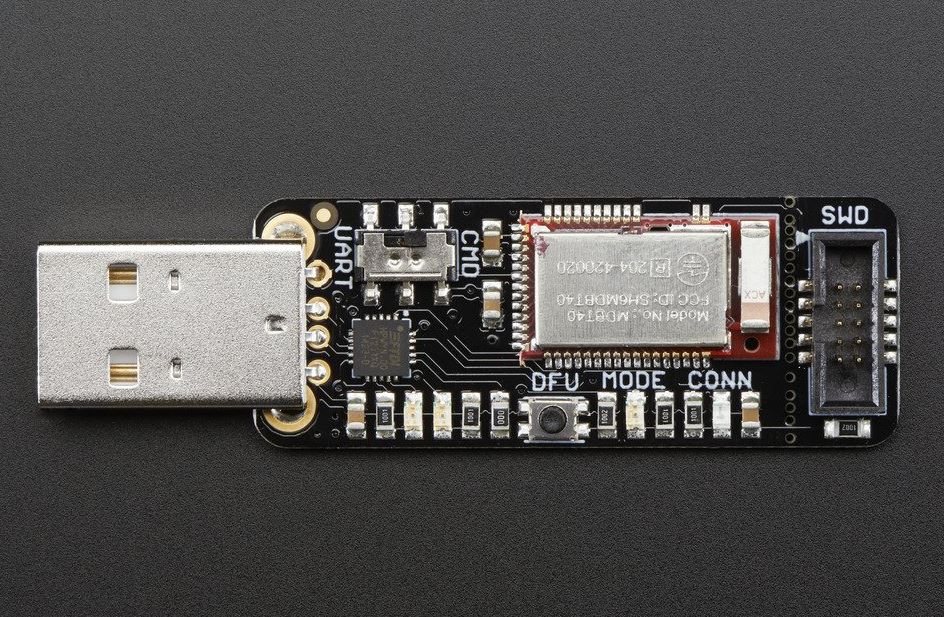
I would guess that it's possible some of the ancillary control lines in your USB-RS485 interface are being set up differently on each computer.įor example, see this schematic of FTDI's demonstration USB-485 converter:Īs you can see, the state of CBUS2 and CBUS4 are involved in handling transmit/receive and receive enable respectively. As such, to make a FTDI based USB-RS485 interface, you need an additional buffer IC, that is generally controlled by some of the additional IO lines on one of FTDI's USB-serial ICs. They only make USB-Parallel, and USB-RS232 devices. The other possibility I see is more involved:īasically, FTDI doesn't make USB-RS-485 devices. The defaults are stored using a whole set of registry keys, but I would recommend manually setting all the port configuration options every time you open the interface, even if you are confident the computer you are on has the correct defaults.
Wireshark usb ftdi serial#
Depending on how you're talking to the port (are you treating it like a serial port, or are you using FTDI's D2XX driver?), I actually had one port open in 7E1 (7 bit, even parity, 1 stop bit) mode upon every initialization, despite the fact that I had never actually used it in that configuration.

I've done fairly extensive work with FTDI's serial interfaces, and I can tell you that it is very possible to have a serial interface based on one of their devices be in a very weird state upon initial opening.

You are not completely overriding the FT232 configuration settings when you open the serial interface. We suspected that there's no internal clock on the adapter and the adapter uses a clock from the laptop, but FTDI support confirmed that the adapter has its own internal clock.įTDI support hasn't heard of this problem in the past and has no solution so far. It seems older laptops with Centrino stuff work, so far no newer laptop with Intel i5/i7 CPU worked. So far we have 2 working laptops and several not working. We also contacted FTDI support, but no sufficient answer yet. So my question: why jitters the signal transmitted by the cable on some computers, on others not? The working laptops have a jitter of max. We used different FTDI USB-RS485 cables, but always same symptoms. So we assume, the device is not able to recognize the correct bits due to that jitter. The not working laptops send signals, which jitters around between 3-6 microsec.

We measured the signals with an oscilloscope, which are sent to the device. So wie investigated the issue a little more:Ģ laptops are working fine (HP, Dell, both WinXP and Intel Centrino), three others don't work (2 Fujitsu, Sony, WinXP, Win7, all Intel i5 or i7).
Wireshark usb ftdi driver#
One difference is that the problematic laptop had a previous version of the driver installed.
Wireshark usb ftdi drivers#
The application on the laptops is exactly the same and all drivers (CDM 2.08.24) are the same. From what we see with PortMon and an oscilliscope the requests are always the same, so should be answered. On one computer (Dell laptop, Win XP) this works as expected, but with another (Fujitsu laptop, Win XP) I have some problems.Įvery couple of request, the device does not answer them and claims a parity error. The communication is fairly simple, the computer sends periodic requests, the device answers them. I use a FTDI USB-RS485 adapter cable to connect a RS-485 device to a computer.


 0 kommentar(er)
0 kommentar(er)
